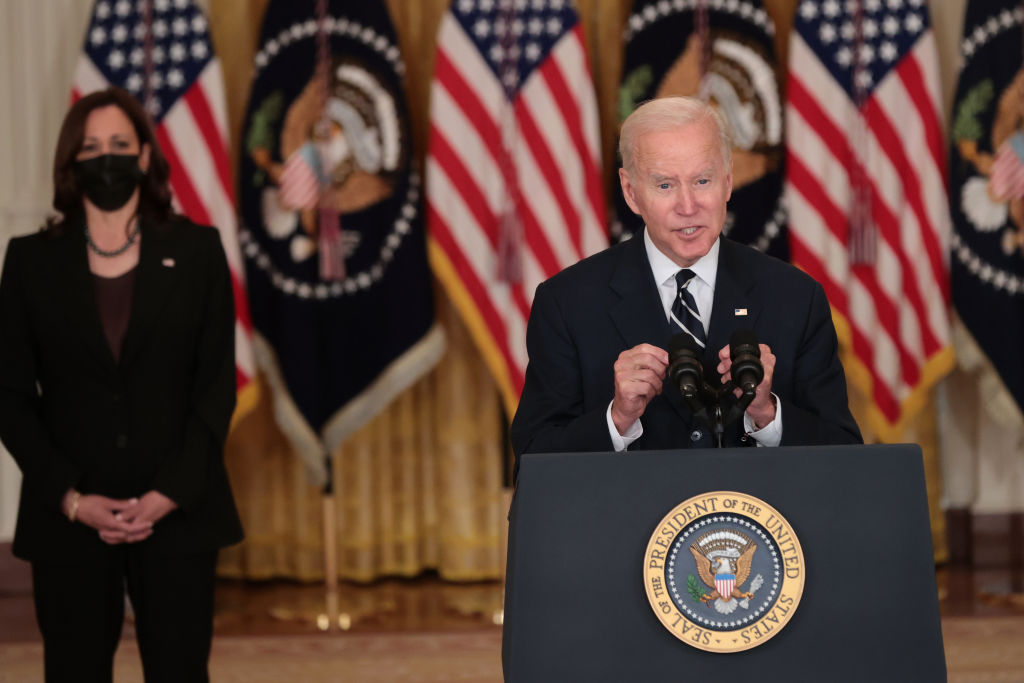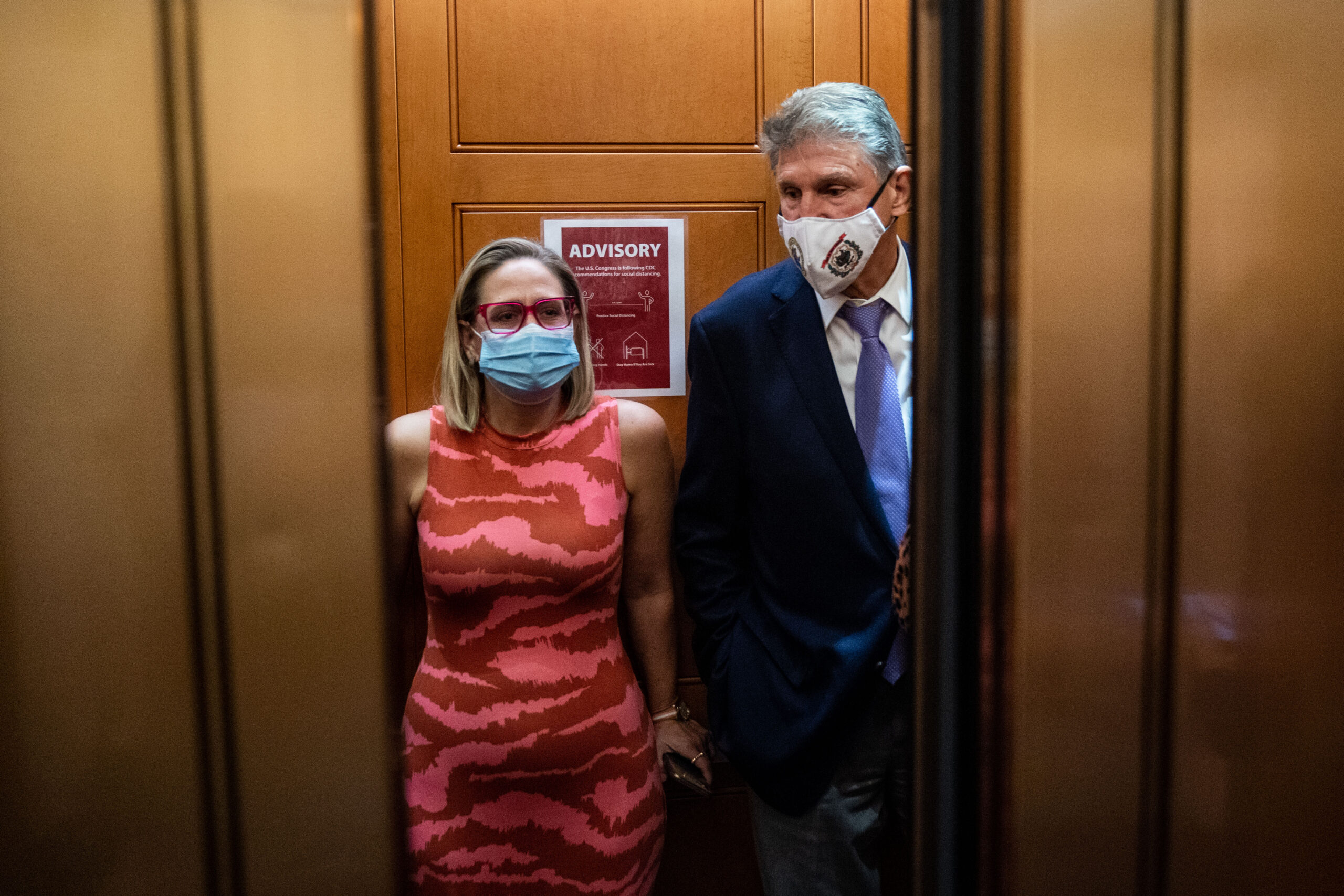Students at For-Profit Colleges Excluded From Biden Pell Expansion
Writer
Writer

- The Build Back Better plan includes an increase in the maximum Pell Grant award.
- The current proposal would only increase the maximum for students attending nonprofit schools.
- More than a dozen Democratic lawmakers pushed back on the exclusion of students at for-profit schools.
President Joe Biden's Pell Grant expansion plan is drawing criticism for its exclusion of students enrolled at for-profit institutions.
Biden proposed increasing the maximum Pell Grant award by $550 from $6,496 to $7,045 as part of his Build Back Better spending bill. However, the current proposal would only increase the maximum for students attending public and private nonprofit colleges and universities.
Those enrolling in for-profit institutions, also called proprietary institutions, would be left out.
This exclusion prompted 13 Democratic lawmakers to address a letter to Democratic congressional leadership requesting that for-profit colleges be included in the expansion.
“Make no mistake, this proposal hurts students, not institutions”
— Statement From 13 Democratic Congress members
"Make no mistake, this proposal hurts students, not institutions," the lawmakers wrote in the letter. "We need to do more to bring accountability to all sectors of higher education; however, punishing students does not accomplish that objective. Any accountability rules should be focused on institutions, not students."
The letter went on to say that Congress has never passed a law that limited Pell Grants by institution before, and urged leadership to not buck this trend with the Build Back Better bill. The $1.75 trillion spending bill is currently going through reconciliation, and is still subject to changes.
The representatives that signed the letter included:
- Al Lawson of Florida
- Veronica Escobar of Texas
- Sanford Bishop of Georgia
- Anthony G. Brown of Maryland
- Troy A. Carter Sr. of Louisiana
- Jim Costa of Florida
- Madeleine Dean of Pennsylvania
- Ted Deutch of Florida
- Adriano Espaillat of New York
- Elaine Luria of Virginia
- Tom O'Halloran of Arizona
- Darren Soto of Florida
- Tom Suozzi of New York
These lawmakers are not alone in their opposition to this part of the plan. Career Education Colleges and Universities and the National Association of Student Financial Aid Administrators (NASFAA) both released statements condemning the exclusion.
"The best place to address concerns about institutional quality at some proprietary institutions should be in the institutional eligibility and accountability provisions in the Higher Education Act," NASFAA President Justin Draeger said in a statement, "not by making programmatic changes that add complexities to students."
The statements refer to recent questions about the value of a degree from a for-profit institution versus a nonprofit public or private school. By excluding increased Pell Grant increases for students at for-profit institutions, the administration may be attempting to dissuade students from pursuing degrees at these schools.
“Nearly 55% of undergraduate students at for-profit colleges received a Pell Grant in the 2019-20 school year”
According to data from the National Center for Education Statistics, nearly 55% of undergraduate students at for-profit colleges received a Pell Grant in the 2019-20 school year. For reference, only 32% of students at public and private nonprofit institutions received Pell Grants that year.
Pell Grants help make postsecondary education affordable and attainable for roughly 7 million students each year. The grants are awarded based on the estimated cost of an institution and the expected family contribution per student, which is calculated when an enrolling student fills out the Free Application for Federal Student Aid (FAFSA).















